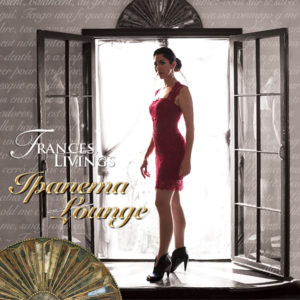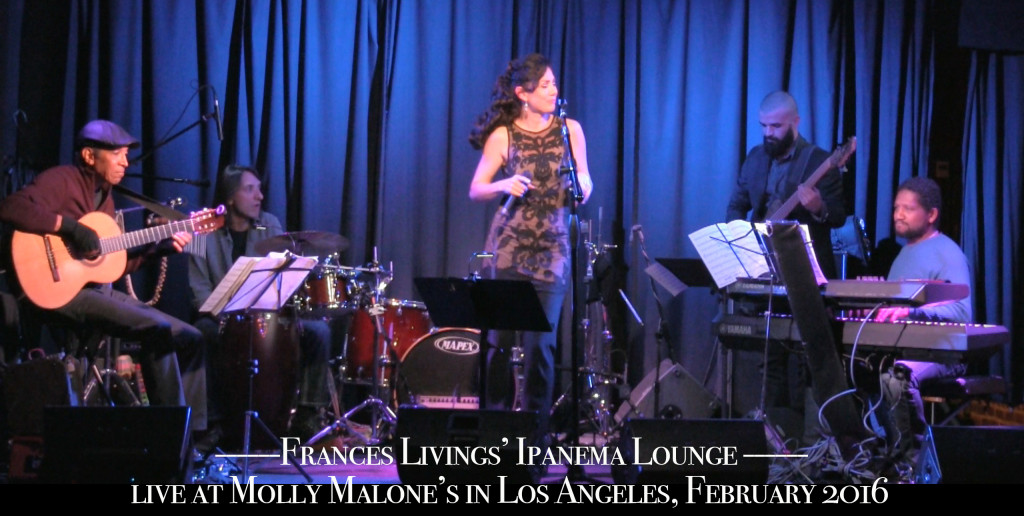“A heartbeat. This most fundamental of sounds carries great meaning and deep-seated emotion. From it comes the most basic sign of life. Through its rhythm, sound assumes a foundational role in our development.” – Lloyd Minor, MD
I recently had a very rich and soothing experience – a sound bath! Rather, a sound bath massage! Have you ever had one? I was lucky and a dear friend gave me my second hour-long session yesterday! It was heaven! The first time, a few weeks ago, I was still in awe by the sounds, created by the vibrations of the bowls – whether it’s a deep gong-like tone or lightly ringing, bell-like sounds with all of their overtones. It varies according to the size and thickness of the bronze vessels – after all, they are called Tibetan “singing bowls”. This experience made me think about the healing powers of sound.
The Principle of Faraday Waves
Having a sound bath is deeply soothing, in parts but also – like the heart bowl – softly invigorating! Yesterday, during my second session, I was able to focus more on the actual vibrations the bowls make when placed on my body and struck with a mallet. This is due to the principle of Faraday waves, named after Michael Faraday (1791–1867). He first described them in an appendix to an article in the Philosophical Transactions of the Royal Society of London in 1831.
An article in the online magazine by Stanford Medicine offers a very easy-to-understand definition:
“Faraday waves, which result from a physical perturbation at the interface of liquid and air – if you’ve ever flown in a turbulent plane with a beverage; you’ve witnessed Faraday waves in your plastic cup! The waves cause ripples in the liquid, and anything floating in the liquid sloshes around too.”
That’s exactly what you see when a sound bath bowl is filled with water and struck with a felt mallet. And those are the waves that basically penetrate the soft tissues of the body. After all, we are made up of 70% water…
So if you get the chance, go!
Acoustically Choreographed Heart Cells?
Research has even shown, how heart cells can be choreographed acoustically, as described in the following:
Heart cells are among the most densely packed in the body — about 100 million fit into a space the size of a sugar cube. The compact structure crams the cells so close together that they can communicate with one another and beat as one lump. For tissue engineers, however, it poses a tricky hurdle: Pack the cells too tightly and some won’t get proper nutrients; too loosely and they can’t coordinate a beat.
Have a look at this amazing video below. Latest experiments have revealed that acoustics can create a form of new tissue that resembles natural cardiac tissue to replace parts of damaged hearts (even broken ones…?) Acoustics can be used in reconstructing other organ tissue and blood vessels.
And here’s another lovely, spiritual playlist on Spotify, which features my song Aganjú. 7 Wonders: Vision was compiled by Deva Munay, founder of Sacred Sound & Wonder. She also helps people who are struggling with anxiety, depression, overwhelm, or stress to find relief through the healing power of sound.
Aganjú’s Portuguese lyrics are really hard to translate. But the essence of the song and the name “Aganjú” is that of the African deity of volcanoes and deserts, who spreads magic and protection from Brazil… [read more about the song in my blog here]











